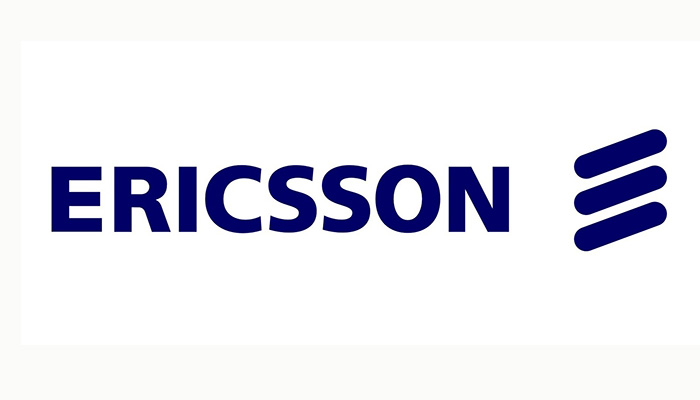
Ericsson report: Citizens are increasingly using the internet and smartphones for their own personal safety
Today’s citizens have high expectations of authorities and public safety agencies, and where these expectations are not being met they are increasingly using the internet and smartphones for their own personal safety. A new Ericsson ConsumerLab report has investigated smartphone users’ views on public safety in five cities.
Smartphone users in Dubai, Istanbul, London, New York and Stockholm were asked by Ericsson ConsumerLab how they address their personal safety; what expectations they have of city authorities; and what role they consider technology to play in helping them lead a safe city life.
The results show that respondents have mixed feelings about how safe or dangerous their cities really are.
Rebecka Cedering Ångström, Senior Advisor at Ericsson ConsumerLab, says: “Most smartphone users seem to perceive their cities as, if not safe, at least not dangerous. While only one in three thinks their city is actually safe, less than 10 percent think it is unsafe. Dubai is the exception, where 70 percent think their city is safe.”
As personal digital technology evolves, citizens see new ways to cater for their own personal safety. Examples include using internet-enabled services and tools, such as public warnings or mass broadcast notifications, and assault or emergency alarm apps with an automatic emergency response. In that way citizens can make better informed decisions, and engage with their social networks to contribute to the safety of their communities.
Patrik Hedlund, Senior Advisor at Ericsson ConsumerLab says: “The new apps and platforms make it easier for people to get involved and thus lower the thresholds to participation. Three in four respondents already use emergency apps or functions on their smartphones, and many say they are interested in using additional security apps. This will increase the pressure on authorities and public safety agencies to manage the flow of information.”
It is clear that the smartphone has emerged as an important personal safety tool. The most common security function across all markets is to store emergency contacts and use GPS tracking to let family or friends know where you are.
About 40 percent of citizens agree that they feel safer when out and about with a smartphone, but there is also a paradox connected with the use of such a device for safety purposes.
Cedering Ångström says: “Although the smartphone can be an important tool in helping to prevent emergencies or resolve dangerous situations, it can also make people less risk-averse and inclined to expose themselves to more dangerous situations than they would without the phone.”



























